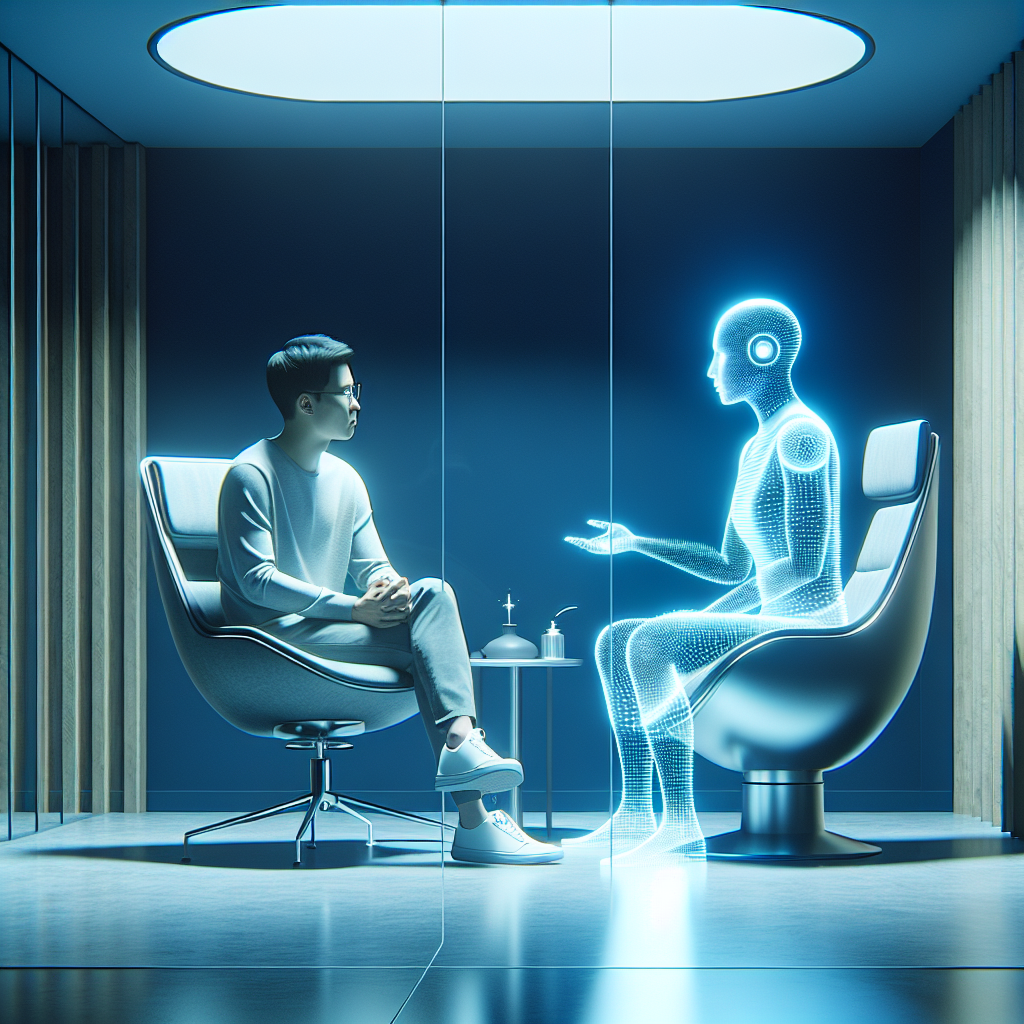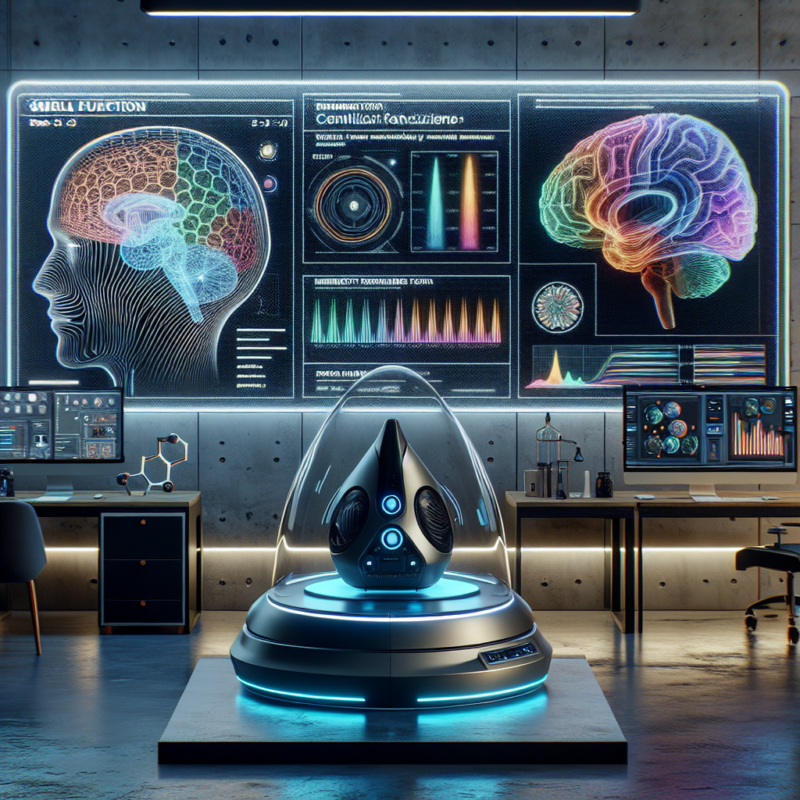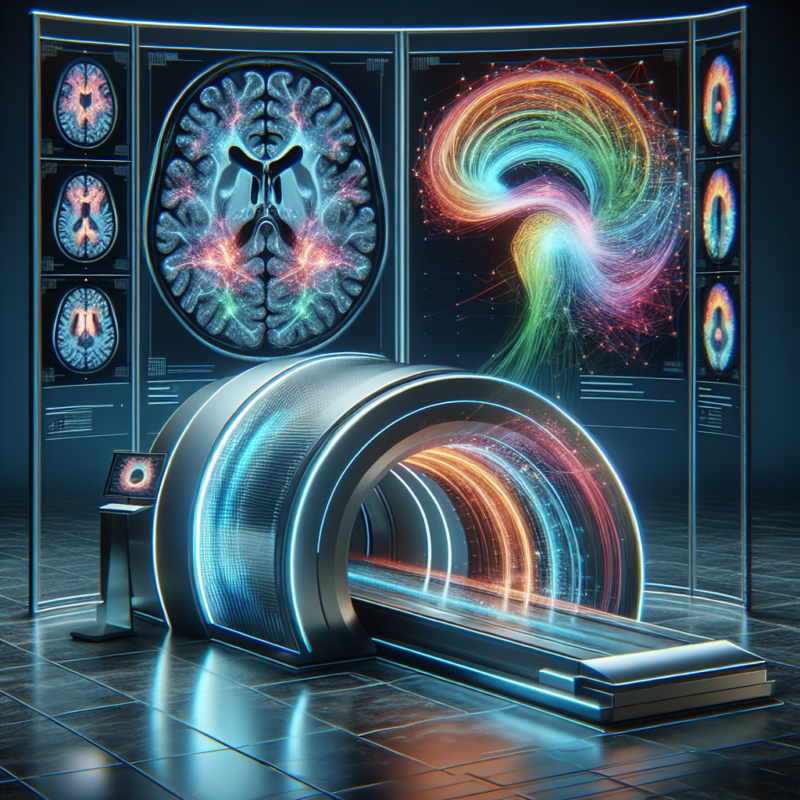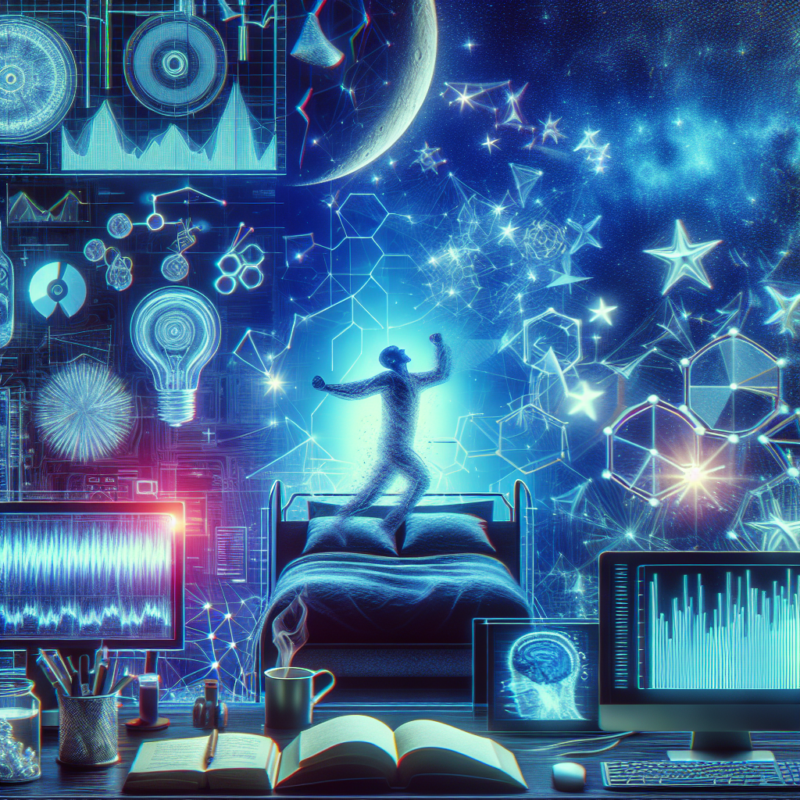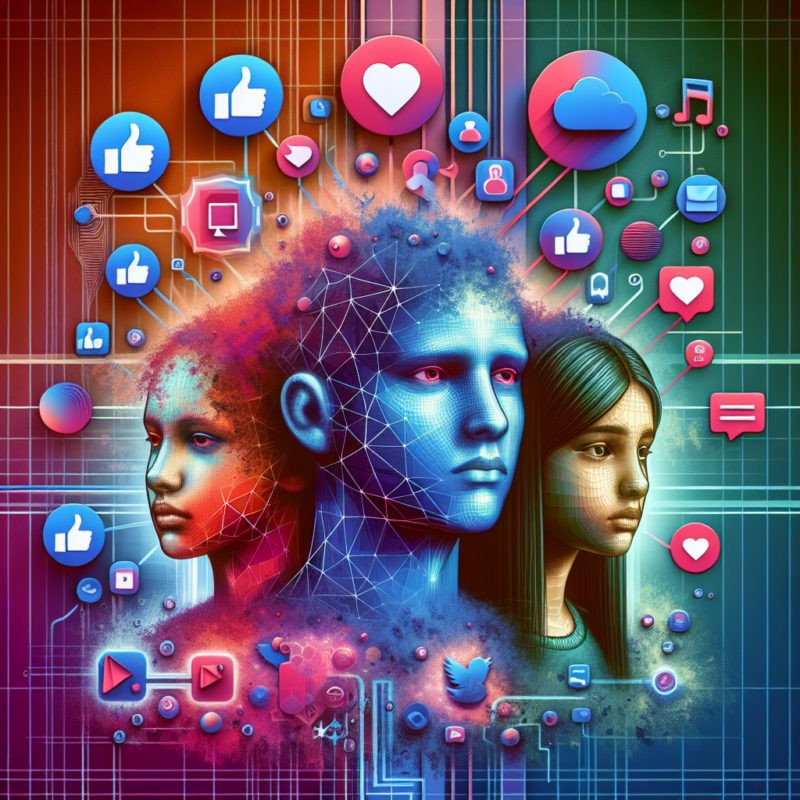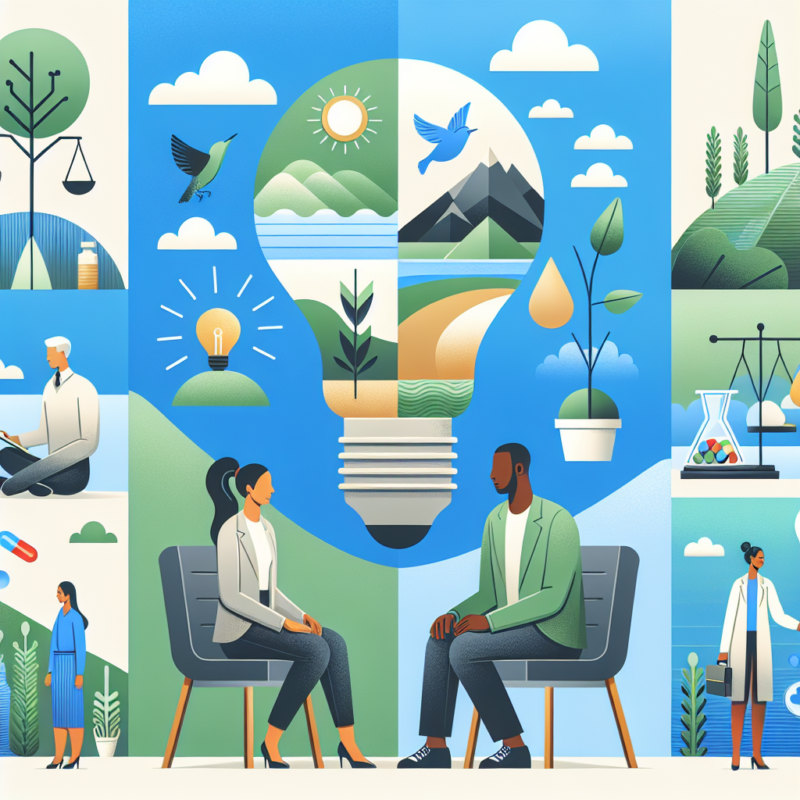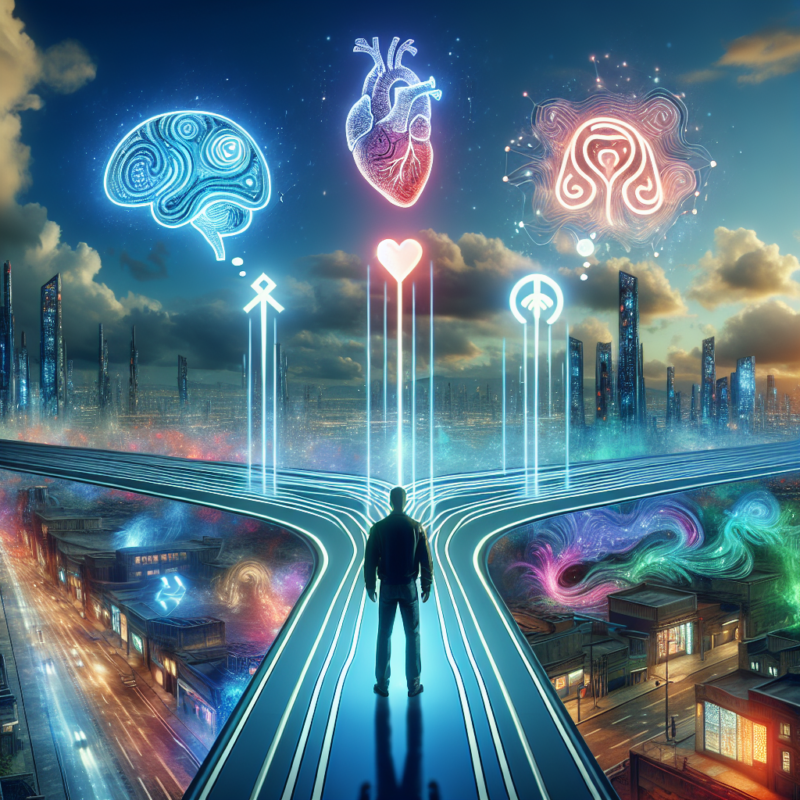AI Therapy vs. Traditional Therapy: Can Machines Provide Genuine Support?
Title: Can AI Therapy Match the Genuine Support of Traditional Therapy?
Meta Description: Explore the distinctions between AI therapy and traditional therapy, and whether machines are truly capable of providing authentic support for mental health treatment seekers.
Introduction:
In our modern digital era, technological advancements have ushered in new therapy modalities, including AI therapy. But can machines truly offer the same level of authentic support as traditional therapy? This article examines the disparities between AI therapy and traditional therapy to assess their efficacy in aiding individuals on their mental health journeys.
Main Content:
1. Understanding AI Therapy
– What AI therapy entails
– The mechanics behind AI therapy
– Advantages of AI therapy
– Noteworthy AI therapy platforms
2. Exploring Traditional Therapy
– Unpacking traditional therapy
– Approaches utilized in traditional therapy
– Benefits of traditional therapy
– Common traditional therapy modalities (e.g., cognitive-behavioral therapy, psychotherapy)
3. Can Machines Provide Genuine Support?
– Analyzing emotional intelligence in AI
– Drawbacks of AI therapy
– Nurturing human connections in traditional therapy
– The efficacy of human empathy in therapeutic settings
4. Pros and Cons of AI Therapy
– Accessibility and convenience considerations
– Affordability of AI therapy
– Shortcomings such as lack of human empathy and limited customization
– Challenges in tailoring treatment to individual needs
5. Pros and Cons of Traditional Therapy
– Personalized treatment approaches
– Nurturing human connections and empathy
– Challenges related to cost and accessibility
– Time investment required for face-to-face sessions
Conclusion:
While AI therapy offers ease of access and convenience, it may lack the human touch and empathetic bonds characteristic of traditional therapy. Machines can provide support to a certain extent, but they cannot replicate the authentic connection and comprehension provided by a trained therapist. Ultimately, the efficacy of therapy hinges on individual needs and preferences, with AI therapy and traditional therapy standing as suitable options for mental health assistance.
